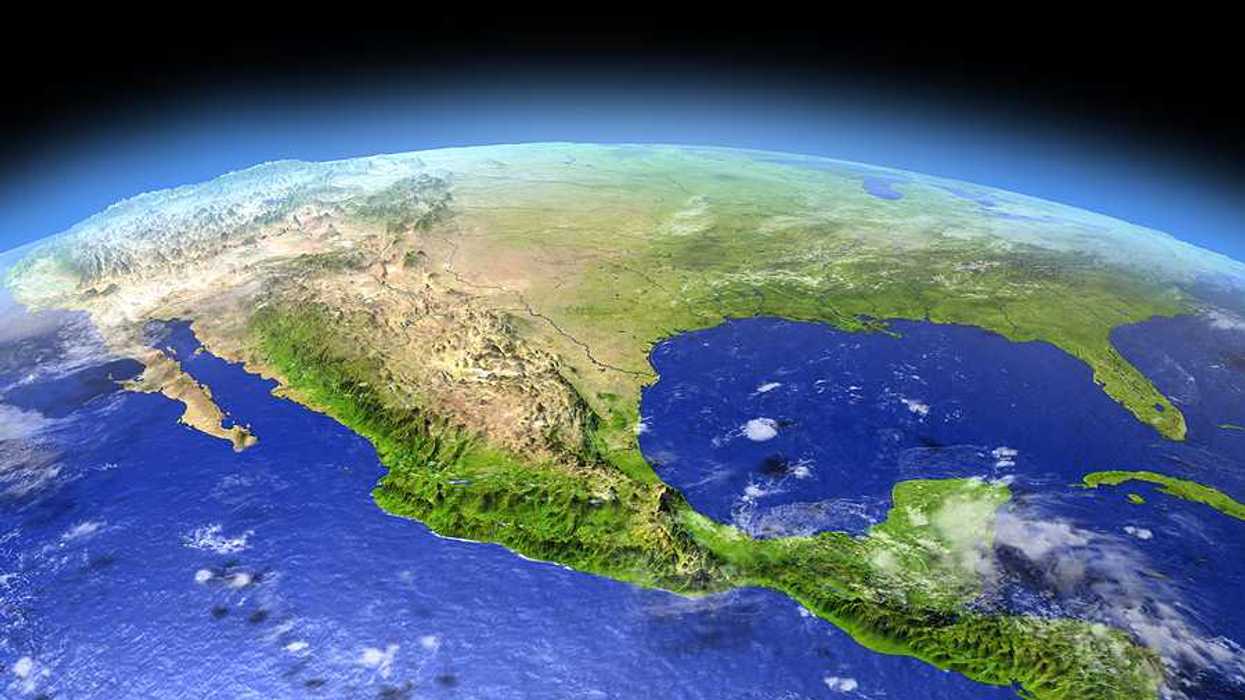The Supreme Court's recent decisions limiting federal authority are already complicating the legal landscape for environmental regulations, potentially slowing down critical climate action.
In short:
- The Supreme Court's rulings, including the overturning of the Chevron doctrine, weaken federal agencies' ability to enforce climate-related regulations.
- Lower courts have started to return cases for reconsideration, leading to delays and uncertainty in climate policy implementation.
- Legal experts warn that the uncertainty may discourage federal agencies from pursuing ambitious climate policies.
Key quote:
"We are at a critical point for climate action, and in the absence of Congressional legislation, we’re going to be asking our federal agencies to do more and more with the statutory tools that they already have."
— Jason Rylander, legal director, Center for Biological Diversity
Why this matters:
These Supreme Court rulings could significantly delay or derail efforts to mitigate climate change by limiting the power of federal agencies. Without bold regulatory action, achieving critical climate goals may become increasingly difficult.
Related EHN coverage:














